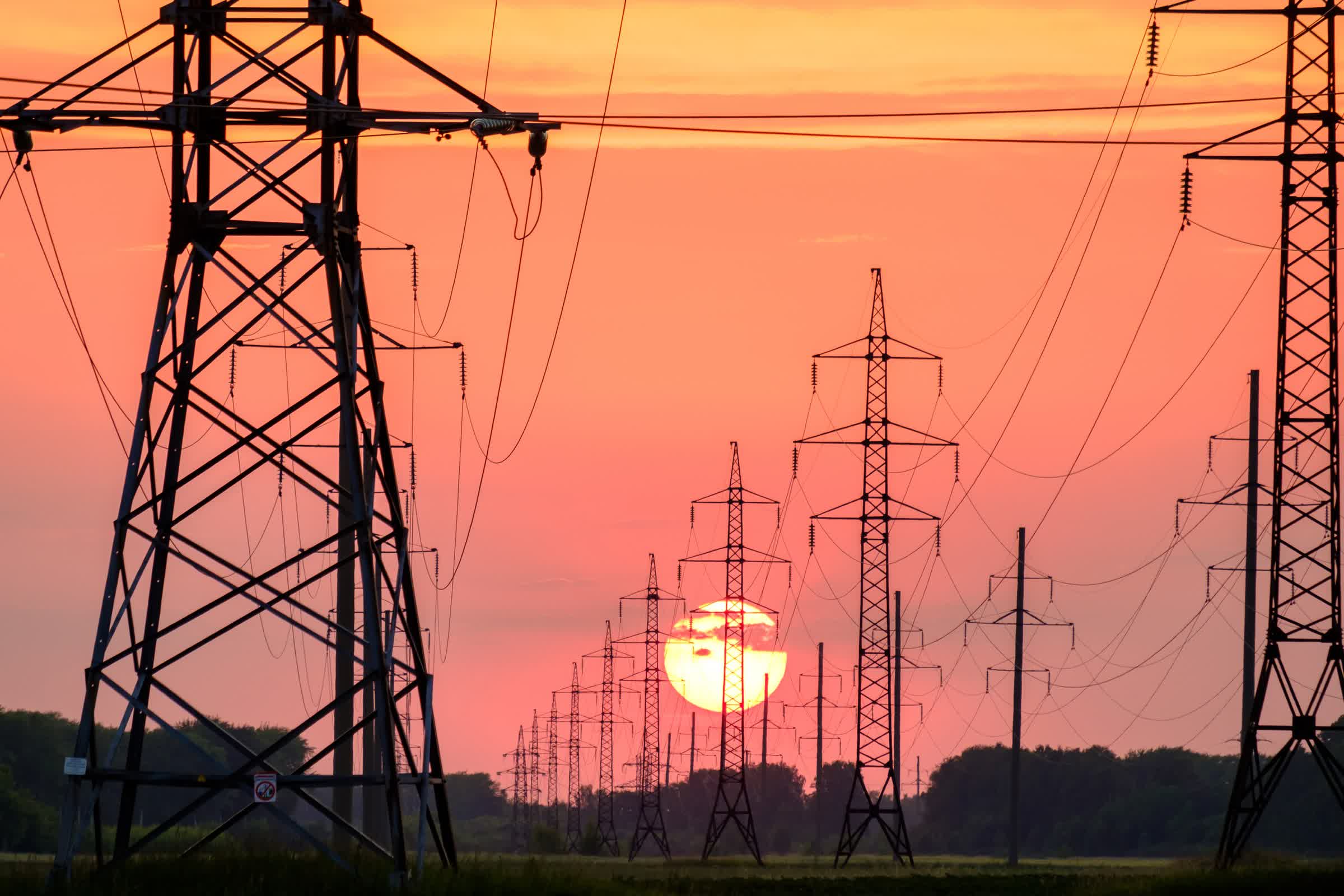What just happened? China is introducing energy usage restrictions in several regions where industrial power needs are considered too high. The motivations range from clearing the air ahead of the upcoming Winter Olympics to boosting reserves of coal and natural gas for domestic energy use.
China isn't just cracking down on transactions that involve cryptocurrencies. The country's next target is industrial energy consumption, which has surged amid a global crunch to satisfy demand for a variety of products, including electronics and cars.
On Sunday, several key Apple and Tesla suppliers suspended production in response to new local policies that mandate curbing energy consumption for industrial use. Some are keeping their factories closed until Friday, but at least one supplier will cease production at two factories until the end of the month.
The move is motivated by a tight supply of coal and natural gas in China, surging prices for those resources, and efforts to reduce carbon emissions, all of which prompted authorities to take measures in reducing electricity usage. Although it's not uncommon for the Chinese government to order factory shutdowns when pollution levels grow beyond a threshold or an event like the upcoming 2022 Winter Olympics needs "olympic blue skies," much of the country's electricity is indeed produced using fossil fuels.

One of the affected companies is Eson Precision Engineering, which is one of Foxconn's partners and a key supplier of mechanical parts for companies like Apple and Tesla. An Eson representative said the company has a plan to make up for lost production time during weekends, in an effort to meet the expected demand.
Unimicron Technology, who is a printed circuit board maker and Concraft Holding, who makes tiny speakers for mobile devices, plan to use inventory to sustain deliveries to their clients. Others like iPhone assemblers Pegatron and Foxconn claim they've already taken measures to ensure continued production using power systems where necessary.
A few other companies that focus on chip packaging and testing for clients like Intel, Qualcomm, and Nvidia have also been told to shut down production at their facilities in Jiangsu until the end of the month.
The timing of these power supply restrictions is unfortunate, as all global supply chains are under enormous pressure to serve the growing demand for anything with electronics in it. Rare earth metal prices exploded over the past 12 months, and more recently aluminum and copper have also become more expensive as extended lockdowns have disrupted production at several facilities in Asia.
These issues are compounded by a shortage of everything from plastics to shipping containers, which are used to move goods to consumers around the world. The Chinese government is now adding to all of this by prioritizing domestic energy use, which could have serious effects on industrial output just as consumer demand is expected to peak ahead of the holiday season.
Masthead credit: Andrey Metelev
